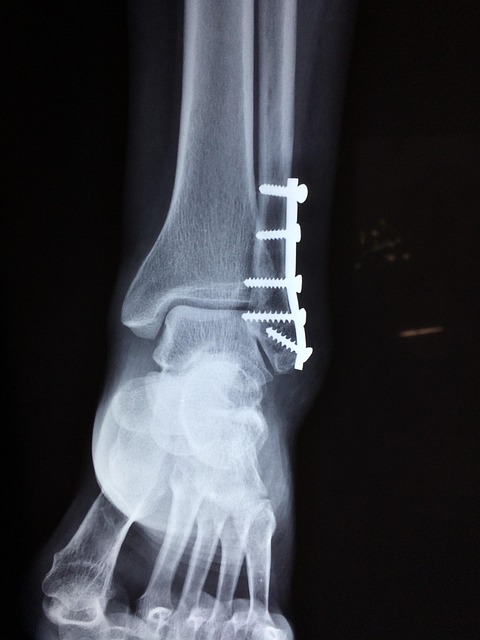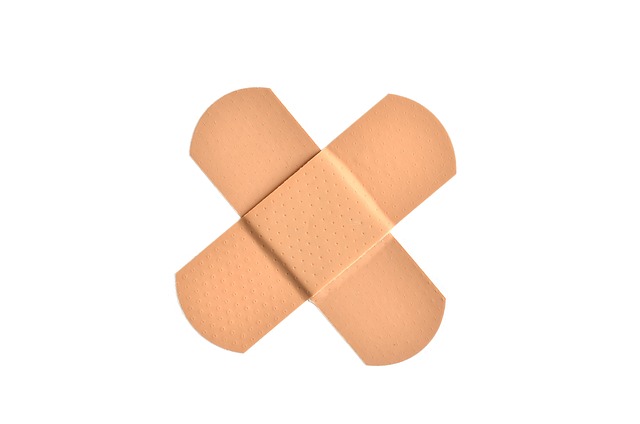Victims of accidents or intentional harm in Peoria can seek compensation through a Peoria Personal Injury Lawsuit. To succeed, plaintiffs must prove duty of care, breach, and causation, with evidence like medical records. Illinois law has a two-year statute of limitations, after which claims may be barred. Consulting an experienced lawyer is recommended for navigating these requirements.
In Peoria, personal injury lawsuits are governed by specific laws designed to provide justice and compensation for victims. Understanding these laws is crucial for anyone considering filing a claim. This article delves into the intricacies of Peoria’s personal injury laws, clarifying who can file and highlighting critical time limits. Additionally, it offers insights on building a robust case, focusing on essential evidence and legal requirements to ensure success in your Peoria personal injury lawsuit.
- Understanding Personal Injury Laws in Peoria
- Who Can File and What Are The Time Limits?
- Building a Strong Case: Evidence and Legal Requirements
Understanding Personal Injury Laws in Peoria

Personal injury laws in Peoria, like anywhere, are designed to protect individuals who have suffered harm due to another party’s negligence or intentional actions. These laws outline the rights of victims and the responsibilities of those accused. When considering a Peoria personal injury lawsuit, understanding these legal principles is crucial.
In a Peoria personal injury lawsuit, plaintiffs must demonstrate that they experienced damages as a result of a defendant’s wrongful act. This can include physical injuries, medical expenses, lost wages, pain and suffering, and more. The burden of proof rests on the plaintiff to present compelling evidence and arguments to convince a judge or jury that their case is valid. Familiarizing oneself with local personal injury laws in Peoria is an essential step towards navigating this legal process successfully.
Who Can File and What Are The Time Limits?

Anyone who has suffered an injury due to someone else’s negligence or intentional act can file a Peoria personal injury lawsuit. This includes victims of car accidents, slips and falls, medical malpractice, workplace injuries, and more. To succeed in a personal injury claim, you must prove that the defendant owed you a duty of care, breached that duty, and their actions directly caused your harm.
There are strict time limits for filing Peoria personal injury lawsuits. In Illinois, the statute of limitations for most personal injury cases is two years from the date of the incident. This means you have until the second anniversary of your injury to file a claim or risk forever losing your right to seek compensation.
Building a Strong Case: Evidence and Legal Requirements

Building a strong case for a Peoria personal injury lawsuit requires gathering compelling evidence and understanding the legal requirements. The first step is to document all relevant details from the incident, including medical records, witness statements, and photographs of the scene. These pieces of evidence are crucial in establishing liability and quantifying damages.
In Illinois, as in many states, plaintiffs must prove several key elements to win a personal injury case. These typically include proving that a duty of care was owed, that this duty was breached, and that the breach directly caused the plaintiff’s injuries. Legal experts recommend consulting with an experienced Peoria personal injury lawyer who can guide you through the process, ensuring your case meets these standards and presenting your claims effectively in court.
Navigating Peoria’s personal injury laws is crucial for those seeking justice after an accident. Understanding the legal requirements, time limits, and building a strong case with compelling evidence are essential steps in filing a successful Peoria personal injury lawsuit. With the right approach, victims can ensure their rights are protected and strive for fair compensation.
